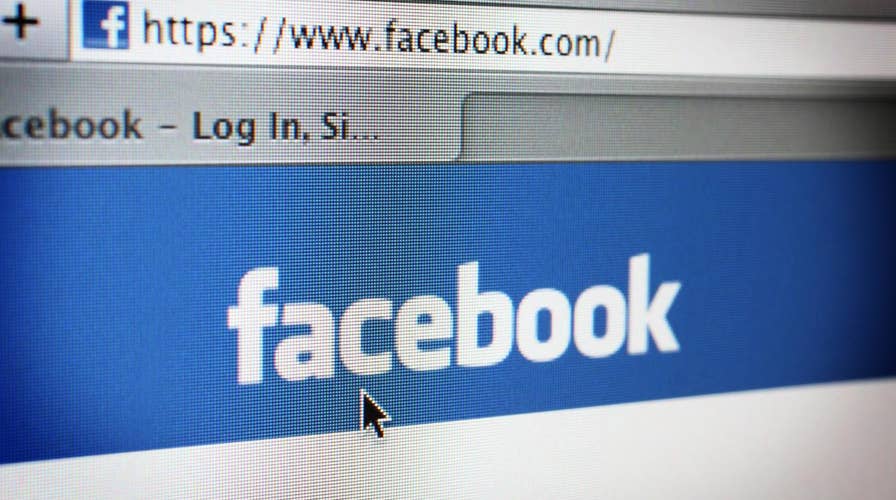Turmoil at Facebook post-Cambridge Analytica scandal
Facebook is in turmoil after the news broke that Cambridge Analytics harvested information of 50 million users. The company’s chief security officer is reportedly resigning this year while stock plummeted.
As the controversy over Cambridge Analytica’s alleged misuse of Facebook data grows, other groups’ use of the social network have also been thrust into the spotlight, including President Barack Obama’s 2012 presidential election campaign.
Reports emerged over the weekend that data mining firm Cambridge Analytica, which has ties to Donald Trump’s 2016 presidential election campaign, improperly used information from more than 50 million Facebook accounts. Facebook has suspended the company from the social network.
The U.K. firm, which describes itself as “a data-driven communications and marketing agency,” denies any wrongdoing.
The Washington Post reports that in 2007 Facebook CEO Mark Zuckerberg invited developers to build businesses using Facebook data, effectively letting them tap in to users’ lists of friends, ‘likes’ and interests. At the company's 2010 developer conference, Zuckerberg took it a step further, saying the company was loosening up the grip on storing user data. "We’ve had this policy where you can’t store or cache data for any longer than 24 hours, and we’re going to go ahead and get rid of that policy," Zuckerberg said.
While the social network tightened its policy in 2015, the current scandal has shone a light on how Facebook data has historically been used.
SILENCE FROM ZUCKERBERG, SANDBERG ON FACEBOOK SCANDAL LIKE PUTTING 'GASOLINE ON THE FIRE'
On Twitter, Carol Davidsen, the former director of integration and media analytics at Obama for America, explained how the 2012 campaign harnessed Facebook’s Application Programming Interface (API) to access the company’s "social graph” that maps users’ connections. This enabled the campaign to access information on users’ friends when they used the Facebook log-in button to access the campaign’s website, according to the Washington Post.
“Facebook was surprised we were able to suck out the whole social graph, but they didn’t stop us once they realized that was what we were doing,” Davidsen tweeted.
“They came to office in the days following election recruiting & were very candid that they allowed us to do things they wouldn’t have allowed someone else to do because they were on our side,” she added, in a subsequent tweet.
Davidsen also tweeted an example of how the campaign used the Facebook data in its email lists.
The data expert, who worked on the campaign from November 2011 to November 2012, added that she felt uncomfortable about the project. “I worked on all of the data integration projects at OFA. This was the only one that felt creepy, even though we played by the rules, and didn’t do anything I felt was ugly, with the data,” she tweeted.
Davidsen has not responded to a request for comment on this story from Fox News. Facebook has denied that there was any favoritism toward the Obama campaign. "Both the Obama and Romney campaigns had access to the same tools, and no campaign received any special treatment from Facebook," it said, in a statement emailed to Fox News.
FACEBOOK DATA SCANDAL: SOCIAL NETWORK'S SECURITY CHIEF IN SPOTLIGHT, REPORTEDLY LEAVING THIS YEAR
The brouhaha over the Cambridge Analytica data scandal is intensifying. Facebook announced Monday that it has hired a digital forensics firm to conduct a comprehensive audit of the data miner.
Nonetheless, Facebook CEO Mark Zuckerberg and COO Sheryl Sandberg have been slammed for their silence over the controversy.
There are also calls for tighter controls on the social network. “Recent revelations about the abuse of Facebook's user data screams for regulation,” said Marty P. Kamden, chief marketing officer of cybersecurity firm NordVPN, in a statement emailed to Fox News.
Fox News has confirmed that Facebook officials will meet with aides from the House Judiciary Committee as early as Wednesday to discuss the data mining controversy.
NordVPN recommends that users revoke access to Facebook applications that are no longer in use, as well as suspicious apps that offer users to get “likes,” followers or view private accounts on Instagram, which is owned by Facebook.
This story has been updated with Facebook's response.
Fox News’ Chris Ciaccia, Chad Pergram and the Associated Press contributed to this article.
Follow James Rogers on Twitter @jamesjrogers

